The Russell Terrier is an action-packed pooch developed in Britain for fox hunts and ratting. Lovably zany, they make active and enthusiastic companions who are up for anything new and exciting. These are some of the most intense dogs out there, charming people with their spunk.
With a brilliant work ethic, many Russells can become amazingly successful at canine sports. The Russell Terrier is a separate breed from the Jack Russell Terrier (which is not recognized by the AKC) and the Parson Russell Terrier (which is another AKC breed). Read on to learn more about the Russell Terrier.
Description of the Russell Terrier
These dogs are little bundles of joy. Well, joy for owners that appreciate their boundless energy. They are compact dogs with short tails and cute, v-shaped ears. These are not delicate toy dogs, but vivacious terriers. Their shiny eyes give off a perpetual look of excitement.
Although most people do not use them for hunting anymore, the Russell may take it upon himself to keep up the job. Many enjoy chasing squirrels and ground hogs. Some will camp out by vermin’s burrows until you pick him up and take him away!
These adorable little mischief-makers come in three coat types: smooth, broken, and rough. All types are mostly white. They may have markings of black, tan, or both.
Life Expectancy and Size
The Russell Terrier generally lives into its early to mid teens, with an average lifespan of 12 to 14 years. Well-bred dogs may live even longer.
These dogs are small, but don’t let that fool you. They’re all muscle and can keep up with even the most active of owners.
The Russell generally stands 10-12 inches tall, and weighs between 9 and 15 pounds.
Protective Ability
This breed is an adept watchdog. They very well may bark at every new sight or sound. That being said, they won’t do much after they tell you there is a problem. This breed is very social, and most Russells are overly excited to meet new people (even the bad ones).
Training
Training the Russell Terrier should go quite well. If anything, they may pick up tricks faster than you can think of new ones to teach them!
It is best to treat everything like a job with the Russell, who is goal-oriented and likes to have specific tasks in mind. For instance, this dog may have trouble walking nicely on leash when there are exciting things around to chase. However, if you offer him an opportunity to perform tricks or play a game instead of running off, he will gladly take you up on the offer.
Make sure to keep training sessions short and sweet so these intelligent dogs do not become bored. This breed is a great choice for owners interested in canine sports, such as agility. With plenty of positive reinforcement, this breed will complete a task and immediately look for the next one.
Energy Level
This is unequivocally a high-energy breed. In the typical terrier fashion, they will run themselves into a tizzy unless they are provided with enough directed action.
These are outdoorsy dogs that do not mind getting their noses in the dirt. They do best with access to plenty of outdoor space. In fact, they make great farm dogs. Russells also take their social time seriously, and should have plenty of interaction with their humans and other pups.
What Living with a Russell Terrier is Like
This dog is a dream for an athletic owner. They can keep up with just about anything, and will happily enjoy tuckering themselves out on new adventures. However, it is a serious commitment to keep a Russell adequately exercised. They absolutely cannot sit listlessly inside, especially not alone.
The biggest obstacle to owning a Russell Terrier is being able to keep up with its energy. These dogs can really become little terrors when bored.
These dogs are social – great with new people, and generally good with other dogs. They can be scrappy, and early socialization can make sure they don’t get into any sticky situations.
Care of the Russell Terrier
These are hardy dogs that truly fit a low maintenance lifestyle. In terms of grooming, they are easy to care for.
Environmental Needs
These dogs were meant to be outdoors. Although the smooth-coated variety in particular can have some trouble with the cold, they should not spend the winter indoors. Rather, they may have to gear up with a jacket and even booties so that they can get out there and use up their energy. The Russell is simply not an apartment dog.
Exercise Needs
As a hunting dog and a terrier, the Russell Terrier needs adequate exercise. This breed takes it to a new level, though. They are some of the most intense, active dogs out there.
Having a yard or open space is absolutely essential to owning a Russell. They will race around in circles, looking for new and exciting things, all day long. There is simply not enough space for this indoors. These dogs will quickly become destructive if cooped up inside.
This breed loves games, which are a great way to spend time with the Russell, while giving him the exercise he needs. He will particularly enjoy running games like fetch. Russell Terriers can also be great companions for athletic owners. They will happily join in on runs, hikes, and bike rides.
Shedding and Grooming
Shedding and grooming in Russell terriers varies. The short haired variety needs minimal grooming beyond the regular bathing, ear cleaning, and nail trims that all dogs require. The occasional once-over with a grooming mitt can help remove excess hair.
The broken and rough varieties may need a bit more brushing, but are still quite low-maintenance. All Russells shed quite a bit, and their tiny hairs will likely end up everywhere.
Ideal Home Environment
This breed is suited for athletic families that want to include the Russell in their daily activities. They can be quite good with older children, because they love to play games. However, they are not suited to owners that just want to cuddle. Although loving, they will be much happier showing their admiration by retrieving a ball for the 100th time.
These dogs can get along with other dogs, but can also be contrary. Take socialization with this breed seriously.
Russells are easy to care for, but do shed quite a bit for their size. Owners should not be too fussy about keeping them (and the house) prim and proper.
Health Concerns
This breed is not unhealthy, but does have some serious concerns. Most notable is heart disease. Do not let this dog become overweight for fear of exacerbating these problems.
Other issues include eye and joint problems. Epilepsy has been reported, but is not overly common. Many Russells live healthy lives long into their teenage years.
Behavior Problems
This breed can be barky, there’s no way around it. They can also chase, dig, and jump like many other athletic terriers. This is exacerbated by boredom.
Some owners forget that their Russells will only be friendly with others if they’re taught to be friendly. Starting out in a good puppy kindergarten, and continuing to teach your dog to calmly interact with (or ignore) strange people and dogs will prevent future aggression.

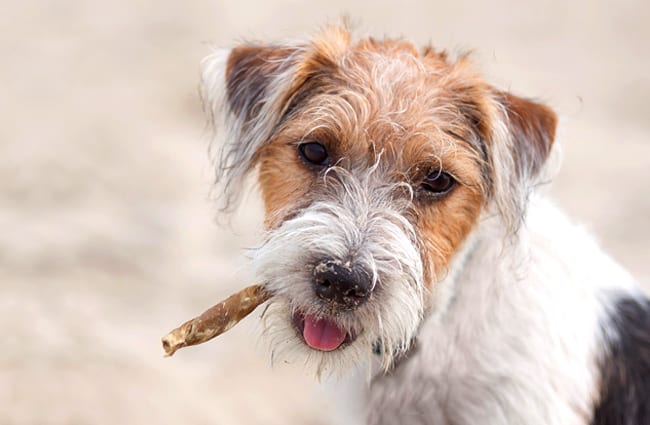
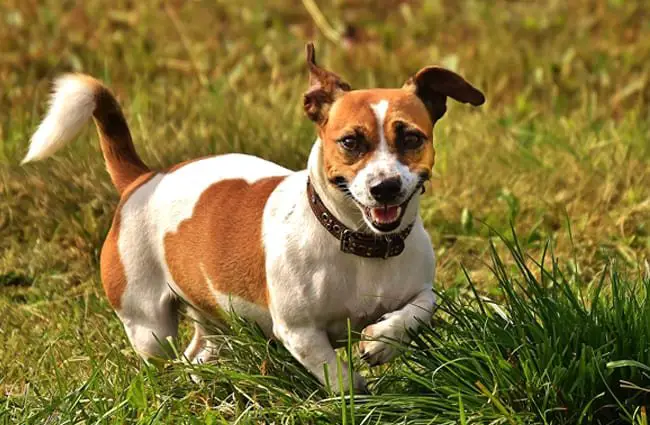
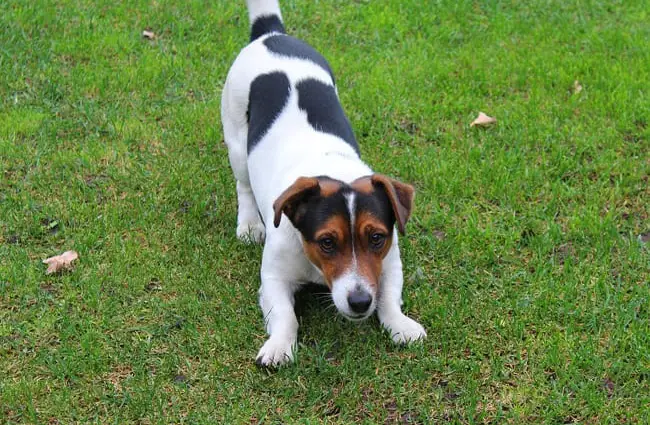
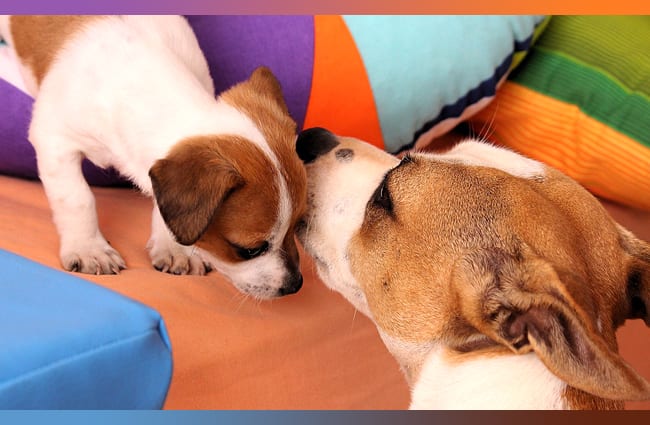
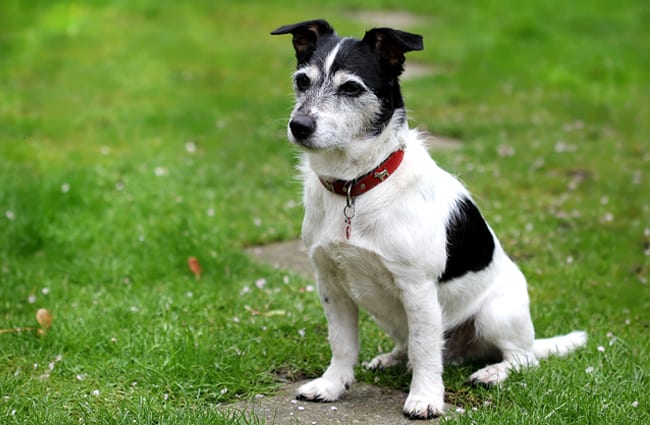
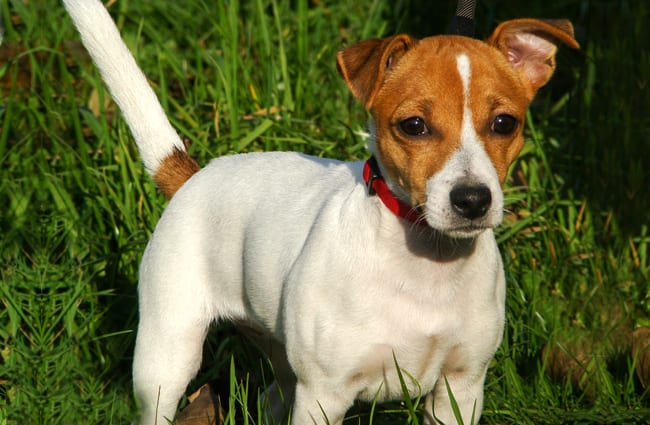
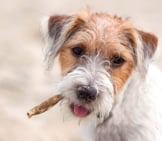
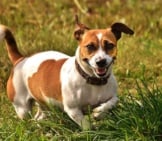
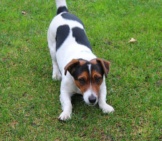

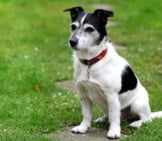
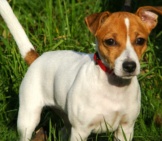
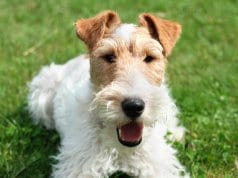
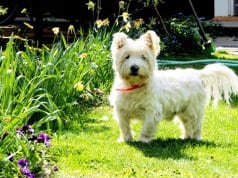
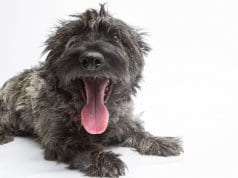
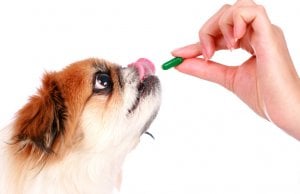
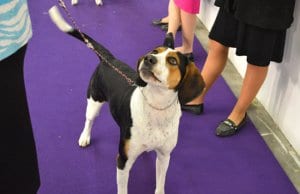
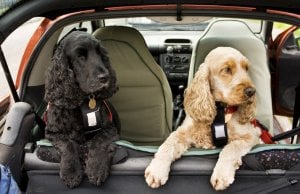

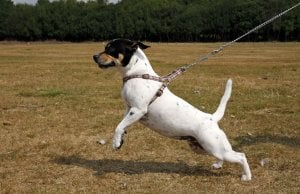
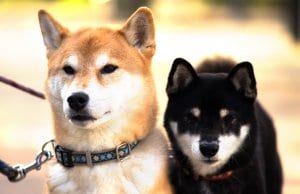
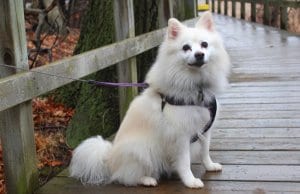
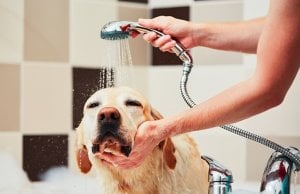

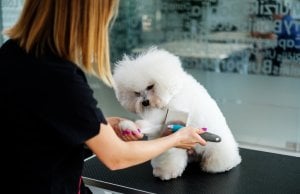
![Red Angus Closeup of a beautiful Red Angus cowPhoto by: U.S. Department of Agriculture [pubic domain]https://creativecommons.org/licenses/by/2.0/](https://animals.net/wp-content/uploads/2020/03/Red-Angus-4-100x75.jpg)

